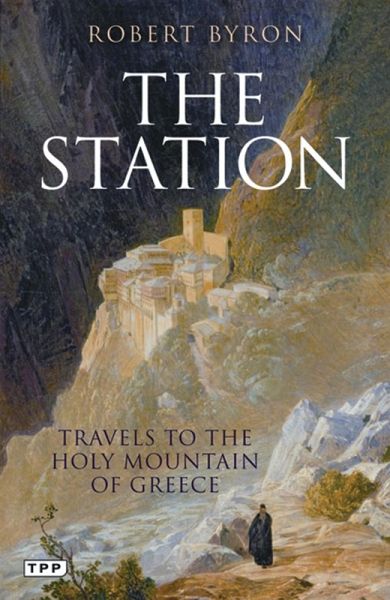
The Station (eBook, PDF)
Travels to the Holy Mountain of Greece

PAYBACK Punkte
5 °P sammeln!
In 1927, at the age of 22, Robert Byron journeyed to Athos with his friends and embarked on an adventure whose influence would remain with him for the rest of his life. Mount Athos, the spiritual heart of Eastern Orthodox Monasticism, is perhaps the most sacred and mysterious place in Greece: an autonomous state, where no woman can set foot, which has its own calendar and its own time. This ruggedly beautiful peninsula in Macedonia boasts a history that stretches back to Herodotus and has been a sanctuary from the earliest days of Christianity, through the Byzantine and Ottoman eras, two world...
In 1927, at the age of 22, Robert Byron journeyed to Athos with his friends and embarked on an adventure whose influence would remain with him for the rest of his life. Mount Athos, the spiritual heart of Eastern Orthodox Monasticism, is perhaps the most sacred and mysterious place in Greece: an autonomous state, where no woman can set foot, which has its own calendar and its own time. This ruggedly beautiful peninsula in Macedonia boasts a history that stretches back to Herodotus and has been a sanctuary from the earliest days of Christianity, through the Byzantine and Ottoman eras, two world wars and up to the present day. Through compelling descriptions of the monks of Athos, their daily lives and the treasures held in their monasteries, Byron illuminates an ancient and enigmatic world, long shrouded from the eyes of outsiders. Published nine years before his classic The Road to Oxiana, The Station reveals the roots of a fascination with the Byzantine world that would become refined in Byron's later writings and establish him as one of the pre-eminent writers of his generation.













